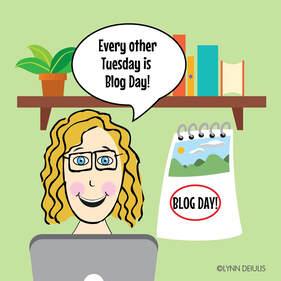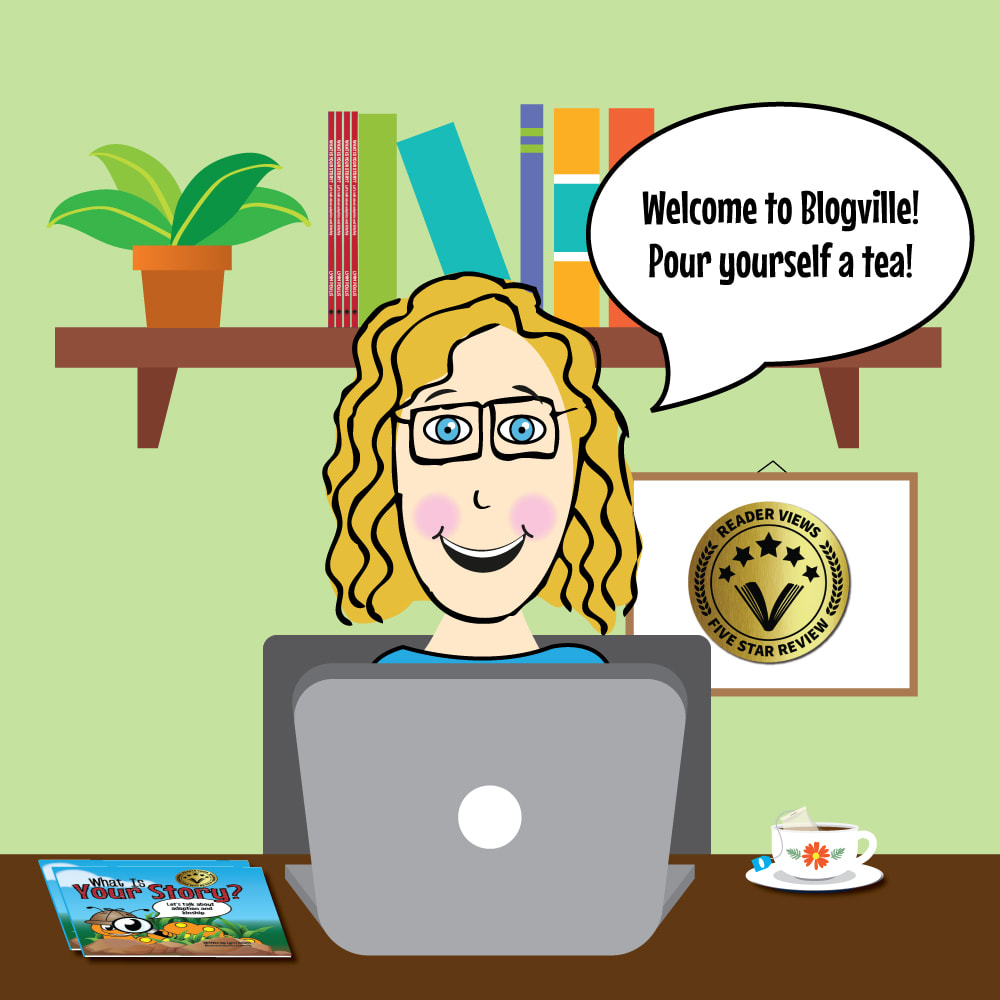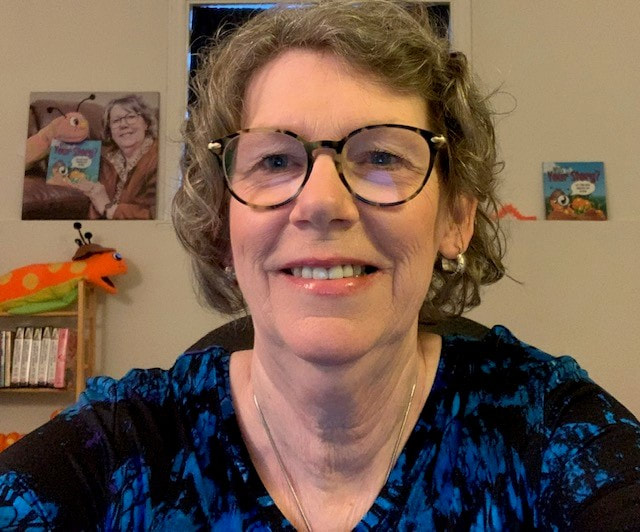|
Culture to Culture (As if born to you)
Ok, so envision if you will, attending a large family reunion at an arena where a whole bunch of folks are gathering to celebrate their ancestry and the success and fortitude of their ancestors. Picture being seated in ‘family groups determined by lineage’. Think about being surrounded by people who look like each other, some slightly, and some greatly, and suddenly feeling more comfortable talking with their partners because the partners weren’t searching your face or stature for some familiarity. Imagine standing at the picture displays of generations of families. I truly appreciated the historical value of the photos. These were photos that captured generations of immigrant families who farmed, milled, built homes and barns, rode horses and drove buggies, married, had or raised children and built new lives in their new country! Their accomplishments were monumental to me, even if they did not make me feel sentimental like others around me. I honestly believe that was the only time that I thought, “you just don’t get it, do you?” about my mom. She seemed disappointed that I really had little or no interest in looking at photos of large families of people who did not look like me. It was bittersweet that these are some of the rare times I think she forgot I was adopted. She would constantly note similarities between me and some of the family members pictured, while I was simultaneously noting the lack of similarities. All the while I was wondering who I actually looked like. To put things in context, my parents applied for, and adopted my brother and I in the late 50s early 60s. In those times adoptive parents were advised to not worry about where the child had come from, things like culture, traditions, languages spoken by the birth family members, and other such details. Adoptive parents were advised to introduce their culture to the child and to make that the child’s culture. They were to raise the child, “as if born to you”. Personally, I think the “as if born to you” attitude was disrespectful to adoptive parents and led to unnecessary struggles for inter-cultural aka “inter-racial” adoptions. What was wrong with just assuming adoptive parents would simply raise their children? Not raise them “as if born to you”, not raise them “as if adopted by you” just, I don’t know, maybe raise them as their children? I always felt that these attitudes demeaned and disrespected my parents and my role as their child. I was raised within the Polish culture of my both my parents, a culture rich with traditions and values. In fairness to my parents, to my knowledge they were never told the ancestry of my birth parents, or my brother’s birth parents, so how could they have educated us about any cultural norms and traditions from the heritage of our birth families? You can’t teach what you don’t know, right? Every summer we travelled to our parents’ childhood community where they had been raised, met, and were married. Both of my grandmothers were still living and we got to see many of our aunts, uncles and cousins. It was, and still is, a wonderful little Polish community, one of the first Polish settlements in Canada. Apparently, the only other culture in that community were the Irish people, who had settled there generations ago as well. Two of my Polish aunts married a pair of Irish brothers. Well, that is definitely a topic for another blog. My dad’s mom spoke very little English and lived with significant hearing loss, but Gramma loved to whistle and to sing in Polish. I have fond memories of hearing her say my favourite word, “cookies?” as she pointed to the special tin. When visiting, I spent many minutes in the morning hesitating in the doorway, watching her cook bacon and eggs on the woodstove, flames rising and falling, as she calmly whistled to herself. I would wait in the doorway and watch for her to look in my direction before I would step forward as she could not hear me coming. I didn’t want to startle her. I’m pretty sure there were some inappropriate Polish words she would yell when we accidentally startled her, lol. Family was very important to Gramma and she loved our visits. Every time we would leave for the long trip home, she would stand on her porch with a tea towel in her hand, or a corner of her apron, wiping away the tears at our parting. She always called out as were leaving, “This is the last time I will see you.” The summer when I was 16, she was right and sadly, we had seen her for the last time. My mom’s mom was a quiet woman, but Granny could silence a room of grandchildren with one look. I do not ever remember hearing her raise her voice. She loved our visits and would cook for days in anticipation of our arrival. We thought it was wonderful to visit this Polish community and hear people speaking to each other in this foreign, but familiar language. My Granny would send us across the road to pump water from the well, and would “tsk, tsk” when we said we were afraid to go to the outhouse in the dark. Her garden was amazing. She was a strong, but silent woman who taught me many life lessons and skills. I had the privilege of living with her, and learning from her, for three months when I was 18. We lost Granny when I was 22 years old. My brother and I were enveloped in our maternal and paternal families without ever feeling that we did not belong. They taught us Polish culture and traditions. I can honestly say I do not ever remember any remarks from our cousins about us being adopted. They did, however, have plenty to say about how badly we played baseball or fished from the dock. We loved our summer vacations with our extended families. Sometimes my mother would say I looked Dutch. I eventually learned that she was correct as my maternal birth relatives came from Holland. Sometimes I wonder if she actually knew that but did not want to outright tell me for some reason. I also eventually learned that my birth father was of Scottish descent. Other than wooden shoes and windmills, I really had no insight into the Dutch culture. I knew nothing of Scotland, or people of Scottish descent. Well, other than what I had learned in the 1995 movie, Braveheart. The Northern Ontario community where I grew up was a melting pot of cultures, mostly due to being a railway town I suppose, or even being a tourist destination. The community I grew up in was Cochrane, Ontario, home of the Polar Bear Express. The Polar Bear Express train ride would take tourists from Cochrane to Moosonee round trip in one day. My brother and I loved to go down to the railway station and look in awe at the vehicle license plates from all over North America. Sometimes we would find the fanciest car or cars from far away places and pretend they belonged to our respective birth parents. When I met my birth half-sister, Lynne, I discovered that she had been raised in a completely different religion from me. I wondered how that could happen? We were told that my brother and I had both come from Catholic birth families and, as a result, had to be placed with Catholic families so I assumed my birth sister would have been placed under those same ‘rules’. When I met my birth father, he spoke about his Scottish ancestry but did not really have any traditions or cultural practices that he had raised his family practicing. While writing this blog I reached out to my paternal half-sibling, Beth, who said her (our?) dad really did not express any real interest in his Scottish heritage. His mother apparently did though, as she gave him a string of Scottish names when he was born. Lynne and I had eventually learned that our birth mother and her immediate family had emigrated to Canada from Holland. When we met our maternal half-sisters, we saw how richly they had been immersed in their Dutch culture. Some members of my birth family host a family reunion every year and when Lynne and I attended one, it was both a surreal and a familiar experience for me. The experience reminded me of family reunions I had attended over the years with my adoptive family, only this time, I was looking at faces and statures of the people present, searching for familiarity, and I was much more interested in the ancestral pictures on display! In today’s world, we encourage adoptive and kinship families to celebrate not only their culture but the child or youth’s birth culture as well. Customary care, practiced by indigenous families, helps children and youth to preserve and honour their community relationships and connections. Culture and heritage give people a sense of belonging and identity. Children and youth living in their adoptive or kinship family’s culture learn about that culture every day. Talk to children and youth about their birth culture, as it will benefit them to feel interest and acceptance, and they should feel comfortable and proud talking about their birth culture as it will help them develop a healthy sense of self. Just ask my Polish, Dutch, and Scottish self 😊 As always, please note that I would love to read your comments/experiences. If you would prefer to share them privately, rather than this public forum, please feel free to email me at [email protected]
1 Comment
Joanne
4/28/2022 11:00:00 pm
I just love reading your blogs Lynn. I’m learning so much. Thank you
Reply
Your comment will be posted after it is approved.
Leave a Reply. |
Read More
July 2024
Categories |



 RSS Feed
RSS Feed